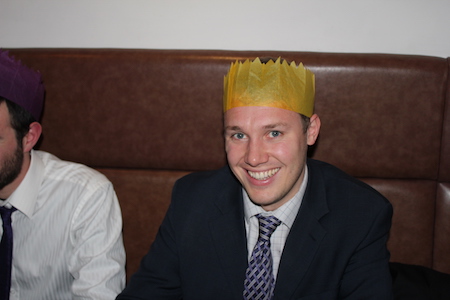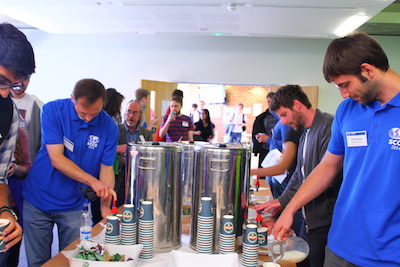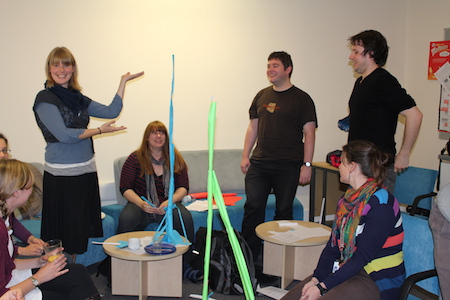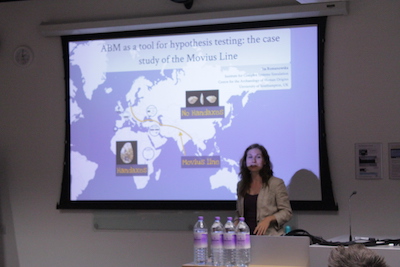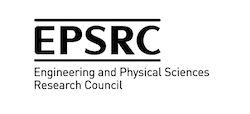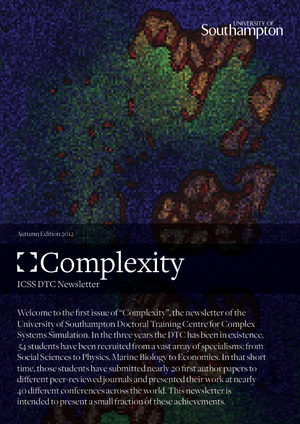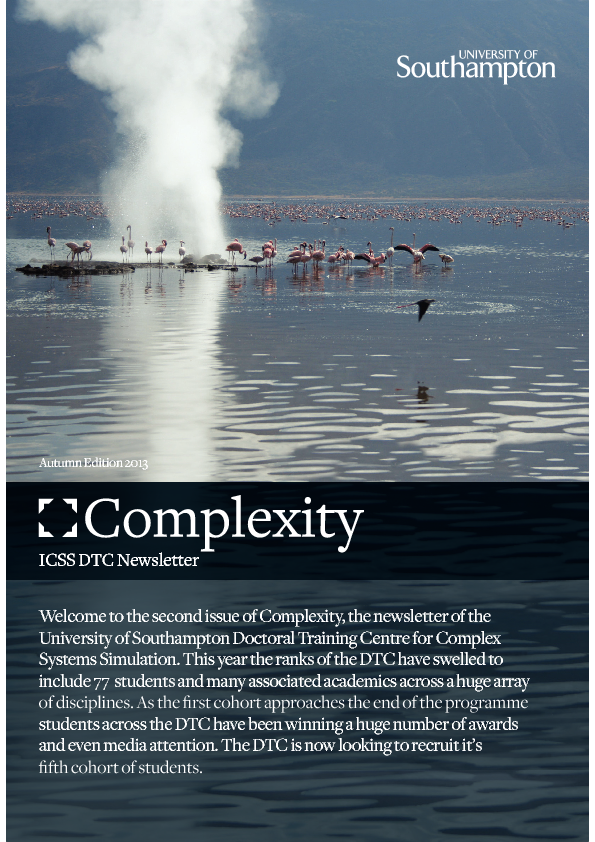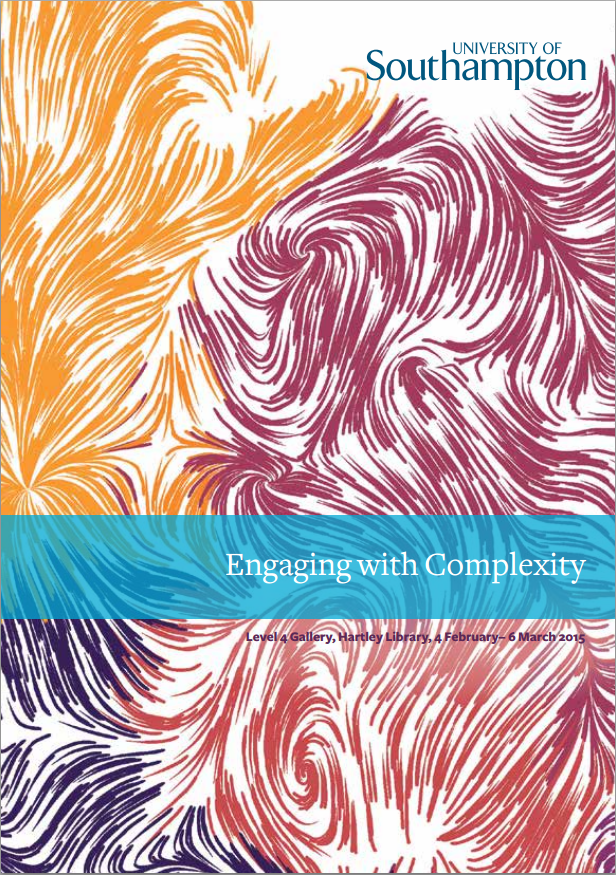BBC's The One Show coverage of traffic control research at the University of Southampton | involving DTC grduate James Snowden


Events and Outreach
All students associated with the DTC programme were included as part of student cohorts regardless of funding sources. Within these cohorts the students engaged with many diverse activities.
- Student-led discussion groups on topics such as ‘multivariate data analysis’, ‘non-equilibrium thermodynamics’, ‘evolutionary research’, ‘complex earth system numerical modelling and physical understanding’ and ‘technical skills for research’.
- Activities to improve transferable skills, including residential training events within the University of Southampton and in partnership with the University of Warwick.
- External training procured for students on technical topics such as programming skills or media platforms to promote their work.
- Regular social events within and between cohorts, including Christmas dinner, and coffee meetups.
- The DTC has supported multiple successful student applications to the Worldwide University Network Research Mobility Programme There have been jointly-funded student secondments to a range of academic institutions, which include MIT, Columbia University and the University of Colorado.
- Students attended annual meetings with the International and Industrial Advisory Board.
- The annual DTC conference was organised and attended by students from the three national Complexity DTCs, attracted international attendees and secured high profile international academic and industrial keynote speakers.
- Interaction with SMEs was provided through the SetSquared Partnership and an entrepreneurship training event.
“The first cohort appears to have established good group cohesion and identity."1 “The entire DTC was innovative and attracted students who were well above-average. The program was immensely interesting and important”.2
- Professor Peter McBurney, external examiner, 20101 and 20142
ICSS Student Awards and Headlines
Davide Zilli, wins silver, in the Engineering category, at SET for BRITAIN.
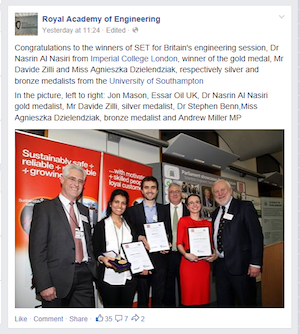 SET for BRITAIN exists to raise the profile of Britain's early-stage researchers by engaging Houses of Parliament with current science, engineering and mathematics research. The final took place at the Attlee Suite, Portcullis House, Westminster on Monday, 9th March 2015, sponsored by Andrew Miller MP, Chairman of the SET for BRITAIN organising group of the Parliamentary and Scientific Committee.
SET for BRITAIN exists to raise the profile of Britain's early-stage researchers by engaging Houses of Parliament with current science, engineering and mathematics research. The final took place at the Attlee Suite, Portcullis House, Westminster on Monday, 9th March 2015, sponsored by Andrew Miller MP, Chairman of the SET for BRITAIN organising group of the Parliamentary and Scientific Committee.
Ben Lowe: Grant award by the Japanese Society for the Promotion of Science.
Awarded for the Japanese Society for the Promotion of Science (JSPS) in collaboration with the British Council to work in Japan this Summer.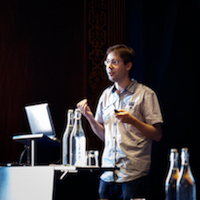
This project, entitled 'Investigation of the Complex Water-Biomolecule-Silica Interface via Molecular Dynamics Simulations' further develops the work of the Shibuta & Sakata Group at the University of Tokyo, and provided a starting point for ongoing collaboration between the University of Southampton and the University of Tokyo.
ICSS student, Robin Wilson, helps the Guardian Online with Dr John Snow's cholera map.
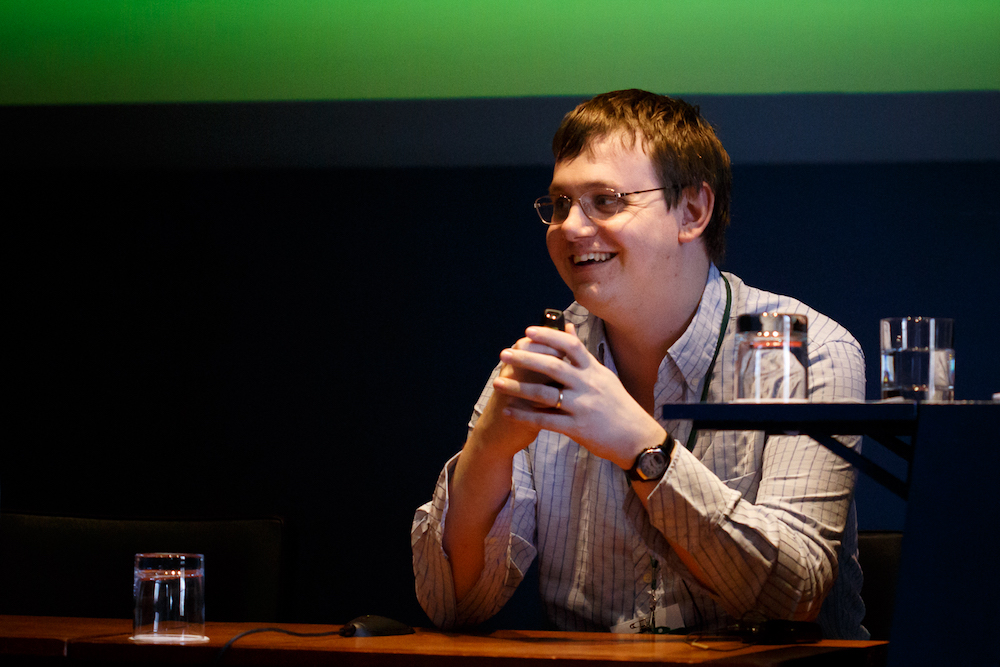 Robin Wilson plotted John Snow's data on a modern day OS map of London and played with the data. He then investigated how modern-day data privacy concerns may cause this data to appear differently on a map as the locations of individual deaths would not be released. Worryingly his results suggest we wouldn't be able to identify the infamous pump as easily today. As a supporter of the Open Source and Open Data movements, he released his data for free on his blog and shared it with a Guardian journalist, for an article about John Snow's story, and the data behind it.
Robin Wilson plotted John Snow's data on a modern day OS map of London and played with the data. He then investigated how modern-day data privacy concerns may cause this data to appear differently on a map as the locations of individual deaths would not be released. Worryingly his results suggest we wouldn't be able to identify the infamous pump as easily today. As a supporter of the Open Source and Open Data movements, he released his data for free on his blog and shared it with a Guardian journalist, for an article about John Snow's story, and the data behind it.
ICSS student, Gwen Palmer is awarded an EPSRC Doctoral Prize to continue her research into knee joint pain.
Knee pain is a major issue among patients, with common causes being osteoarthritis or trauma. Although corrective surgery is possible, patients may still experience unacceptable levels of pain. Gwen is exploring how knowledge of nerve endings in the knee joint could help us to understand why these patients are still in pain. Using finite element methods, she and her colleagues have developed a computational model that represents a feline knee joint. This has been coupled with neural models, adapted from the Hodgkin-Huxley mathematical description of generation of action potential. She will be able to determine which structures in the knee joint contribute more to a neuronal response, and therefore which structures are more likely to contribute more to a patient feeling pain.
Complexity DTC student Sarah Ward makes the front cover of FBA News with her research into Flamingo Populations in Kenya
Sarah Ward's passion for tackling the complex problem of flamingo population decline has brought her research findings to the attention of the FBA (Freshwater Biological Association).
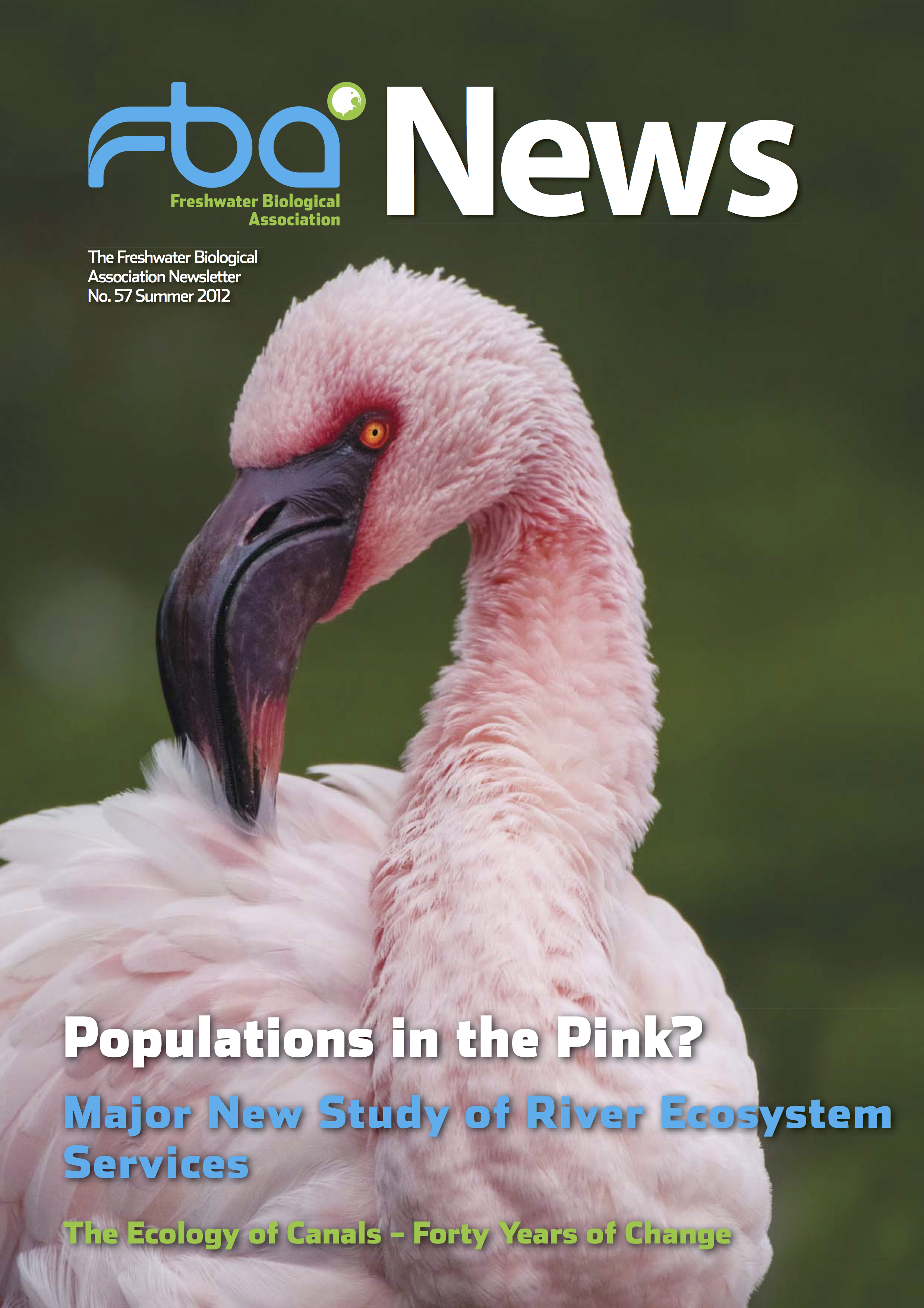 Download Article.Sarah states that "a decline in the East African flamingo population of at least 20% has been observed in the last 50 years, and has been punctuated by mortality events where large numbers of lesser flamingos have died at some of the soda lakes. There are many hypotheses postulated in the literature for the decline, but I am most interested in finding out whether this is due to a reduction in the availability of breeding sites, and also if deaths are a natural consequence of soda lake dynamics."
Download Article.Sarah states that "a decline in the East African flamingo population of at least 20% has been observed in the last 50 years, and has been punctuated by mortality events where large numbers of lesser flamingos have died at some of the soda lakes. There are many hypotheses postulated in the literature for the decline, but I am most interested in finding out whether this is due to a reduction in the availability of breeding sites, and also if deaths are a natural consequence of soda lake dynamics."
ICSS PhD students come 5th in IEEExtreme Programming Challenge
Students at the Complexity DTC have done rather well in the IEEExtreme Programming Challenge held on 20th October 2012. Bob De Caux and Miguel Gonzalez, both 2nd year Complexity PhD students at the University of Southampton came 5th in the grueling 24 hour programming competition.
Their team was named "Emergent Phenomena" and the competition meant applying their programming skills to over 15 problems from fields including combinatorics, graph theory, pattern recognition, dynamic systems and spatial reasoning.
 I most definitely took the opportunity to go on safari as well.
I most definitely took the opportunity to go on safari as well.“During my time with the DTC I won a generous travel grant to conduct part of my work at the University of Cape Town in South Africa, and a Doctoral Prize by the EPSRC to continue my work for another year after the completion of my PhD. I partly attribute my success in applying for my own funding to the education that the DTC offered to us.” — Alex Diem
Industrialists get exposure to complex systems research led by students at the ICSS DTC
ICSS Doctoral Training Centre students presented their latest research and findings to key Industrialists of the DTC's IIAB (Industrial & International Advisory Board) at Southampton's Hilton Hotel on Monday 8th October 2012. It was an opportunity for students across the DTC to showcase the latest research in complex systems using state of the art simulation and modeling techniques, spanning diverse target systems from nanowires to ocean systems.
Key presentations included those given by Max Albert on 'Nanowires with Edge Roughness', Stuart Bartlett on 'Tackling Emergence and Lattice Models', Maike Sonnewald on her research into ' Impacts of Resolution on Open Model Fidelity' and by Chris Cave-Ayland on 'Computational Drug Optimisation'.
Conferences
ICSS DTC Retrospective and Conference
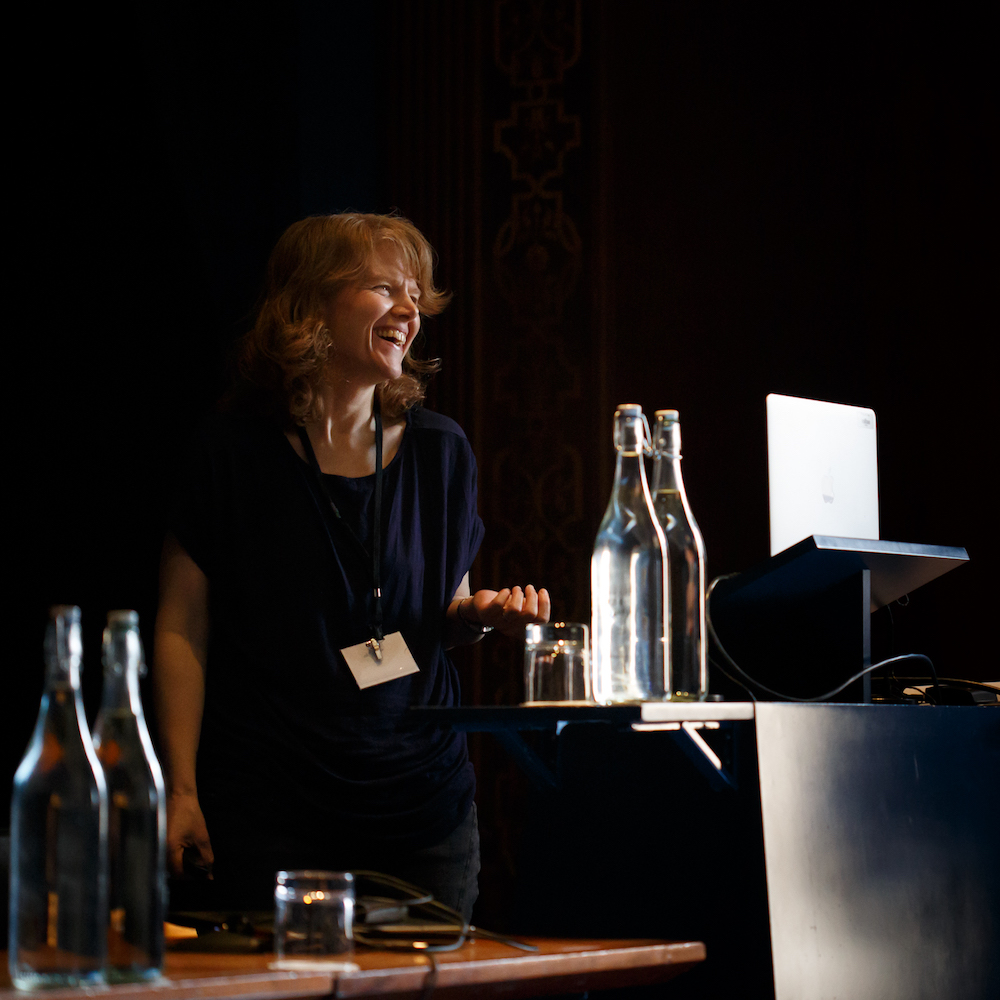
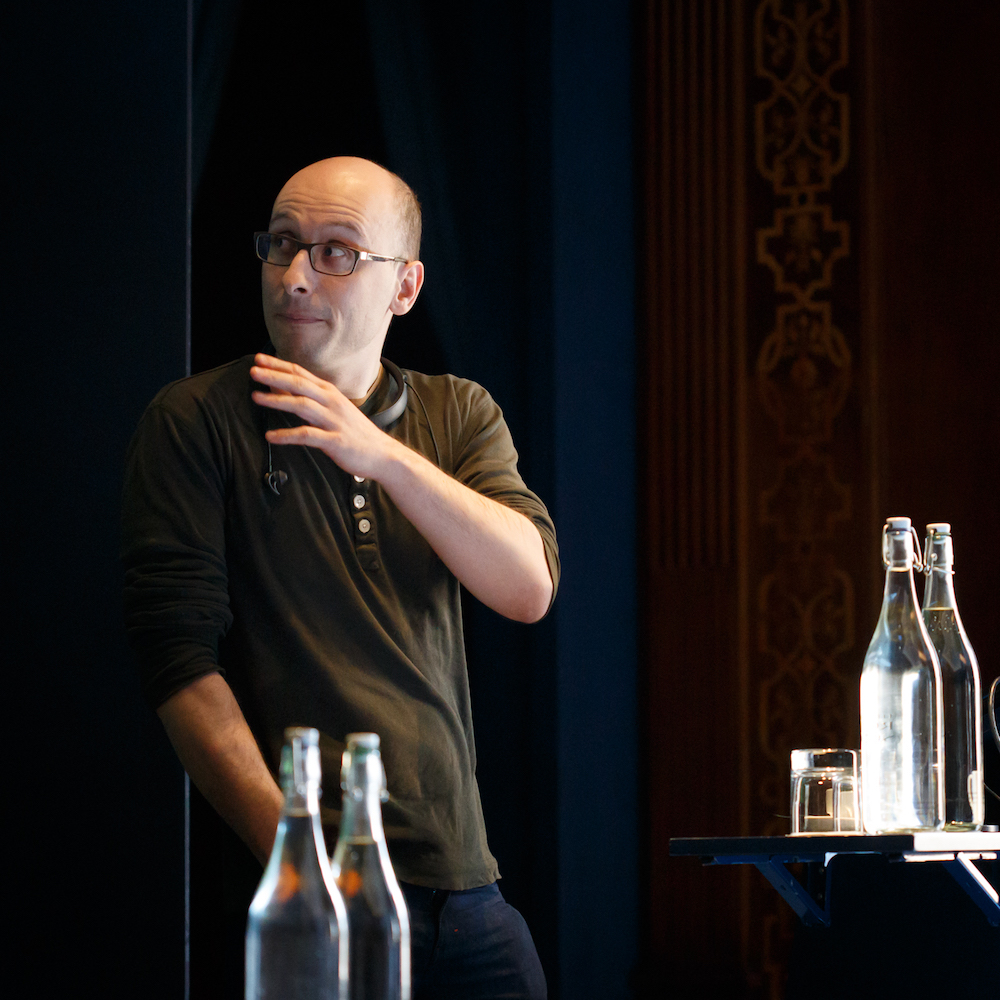
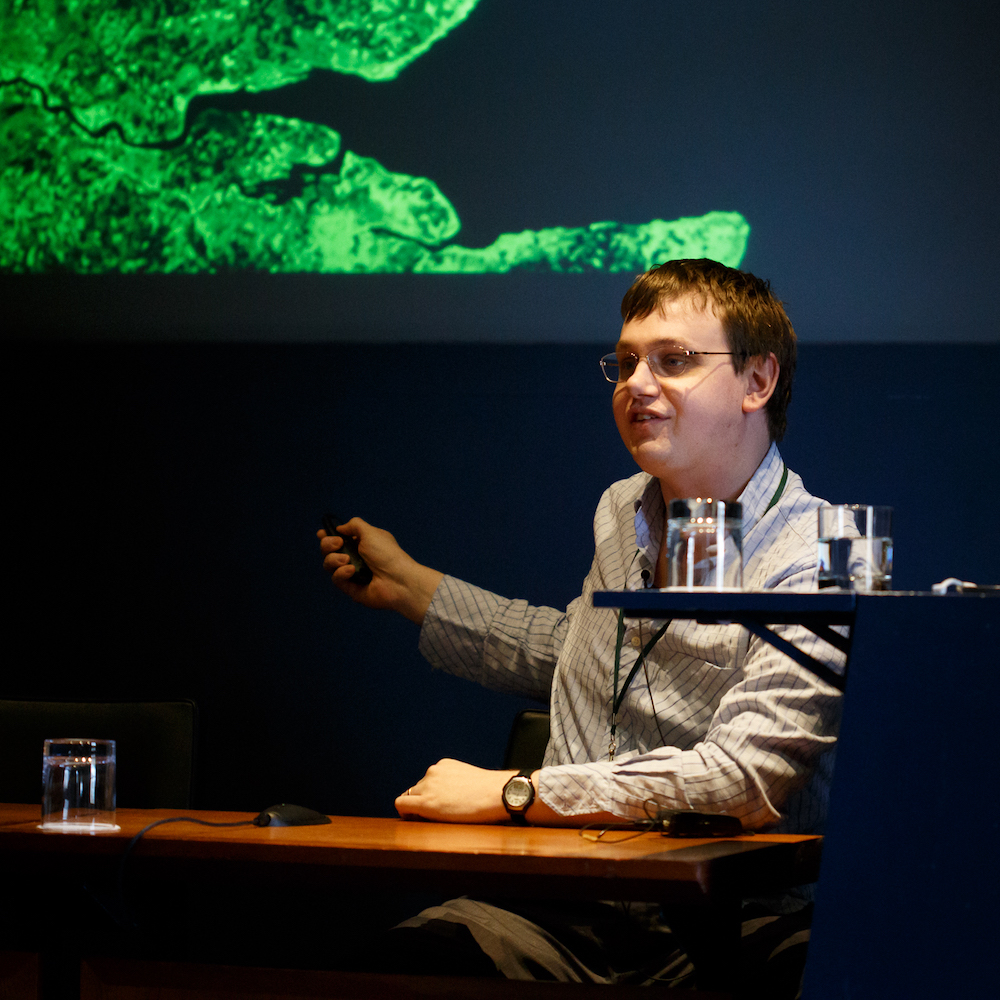
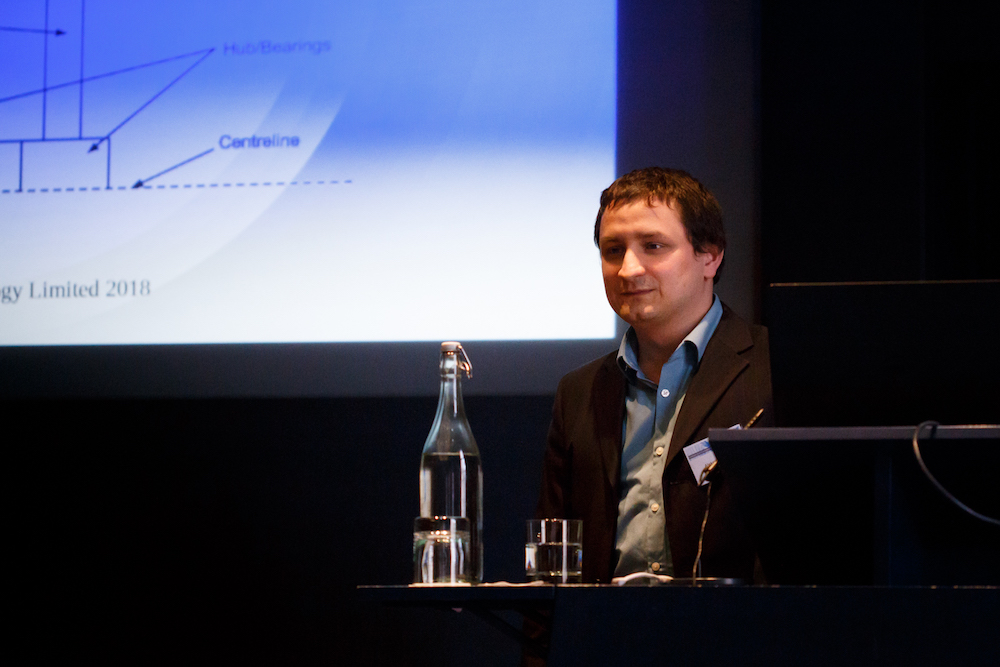
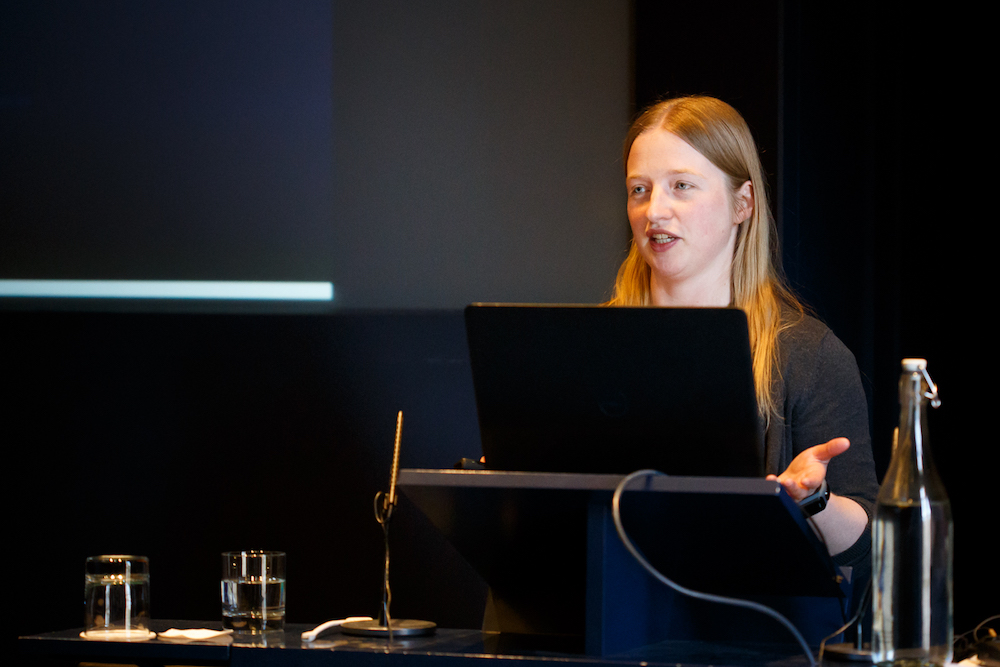
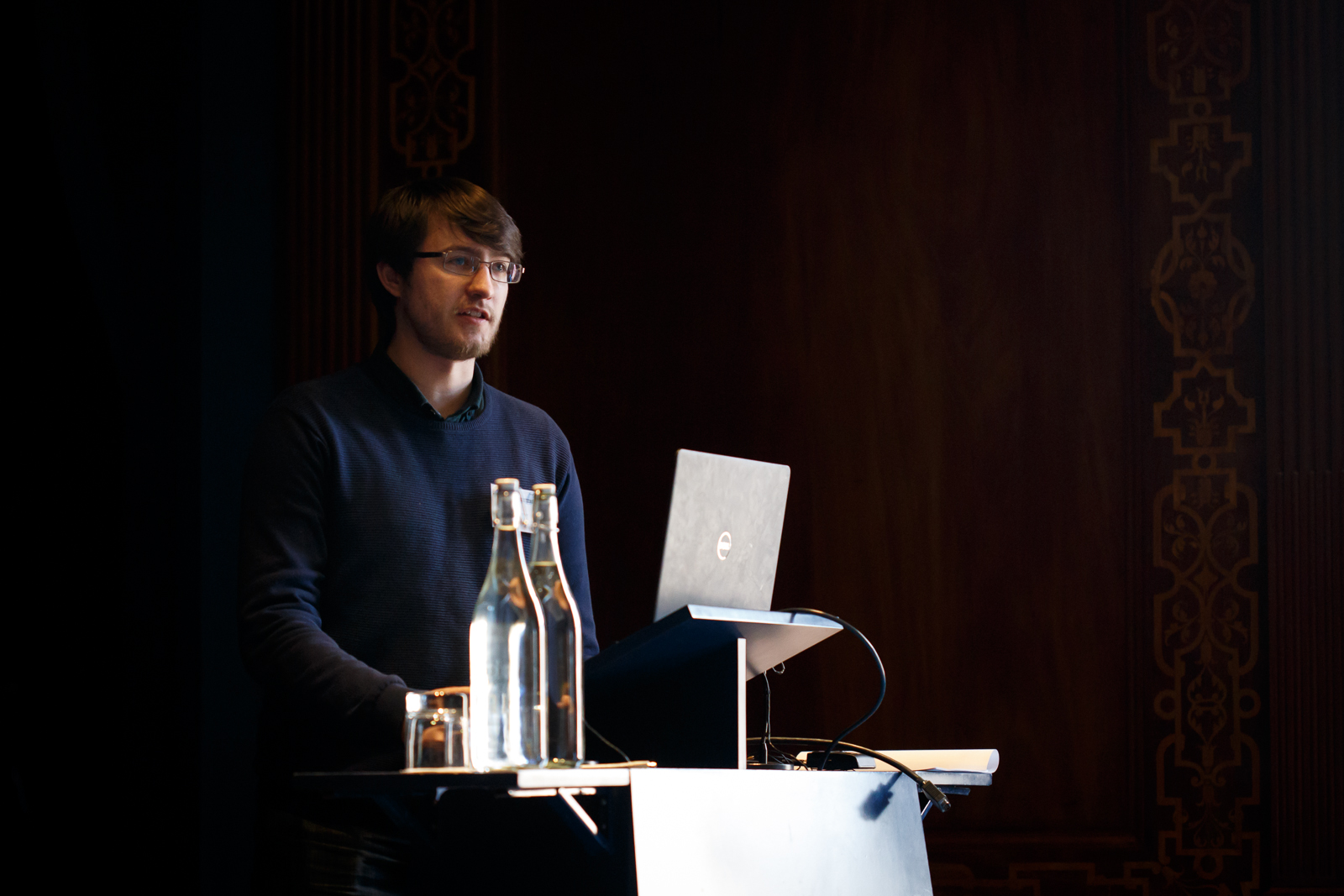
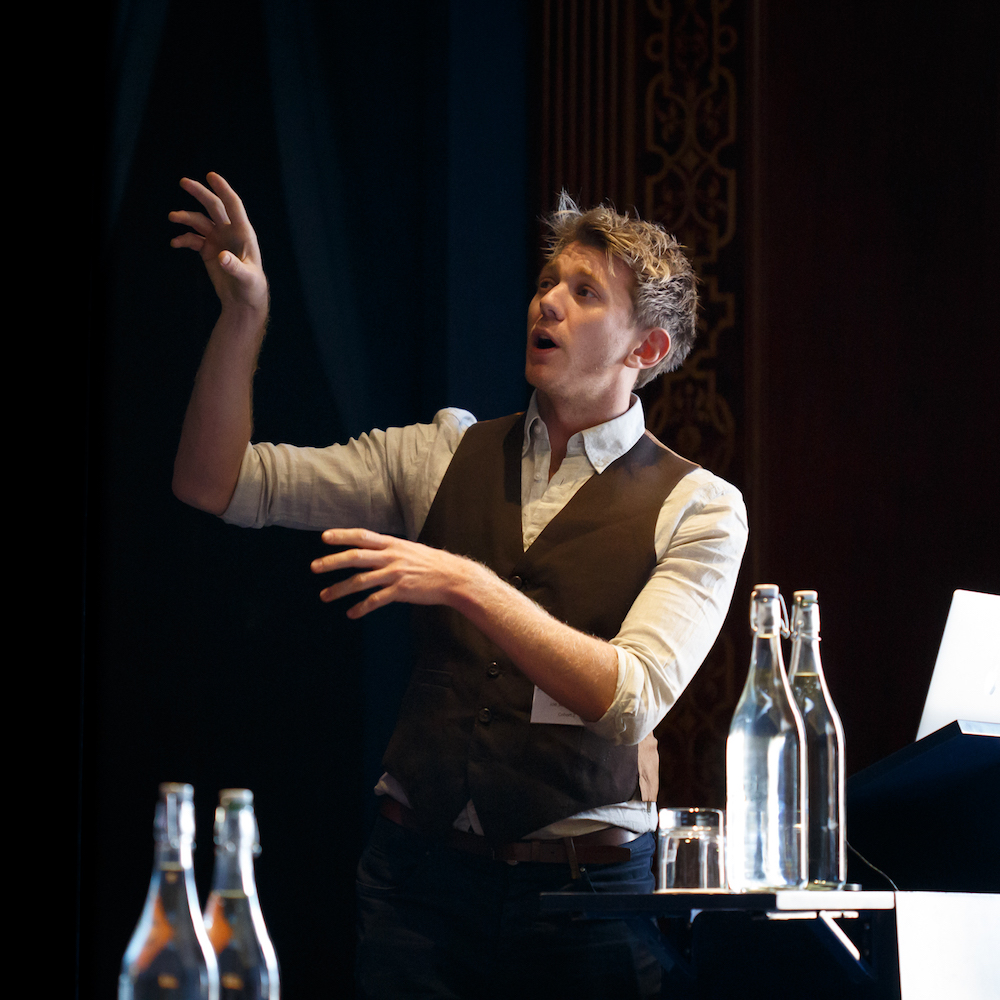
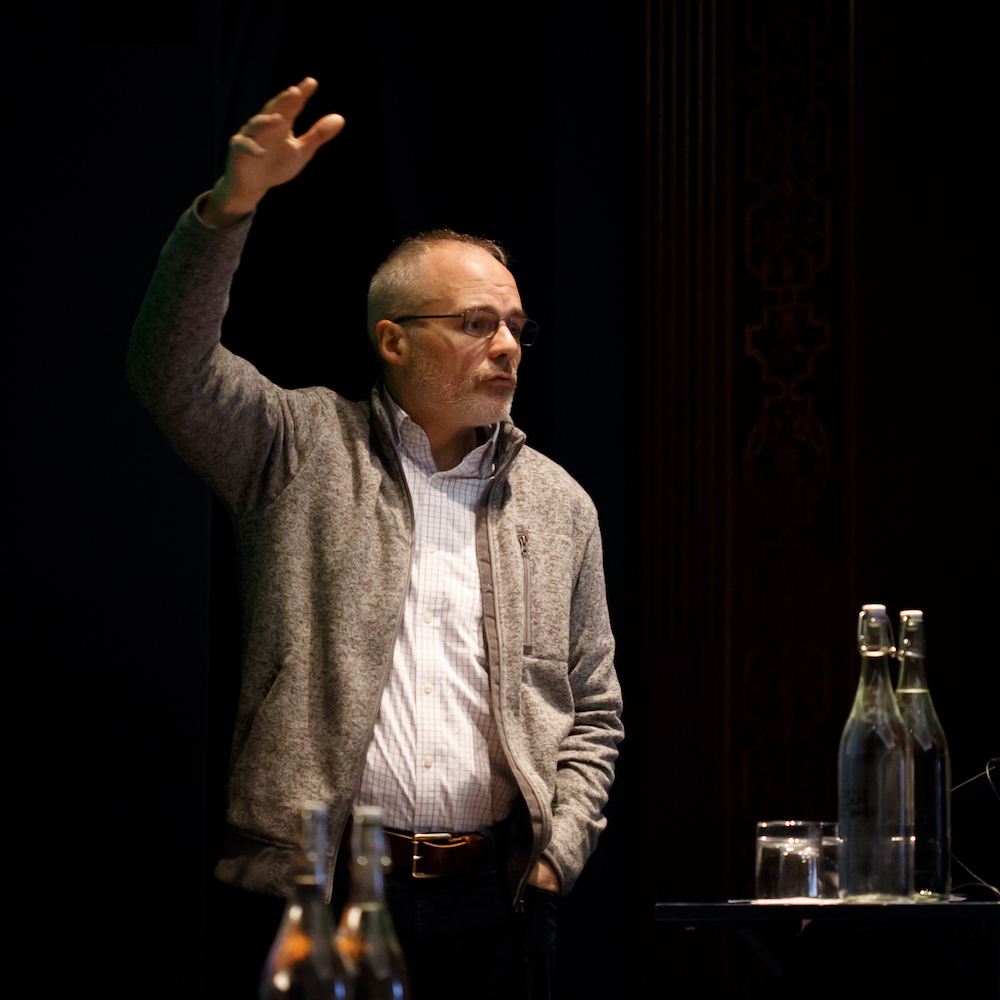
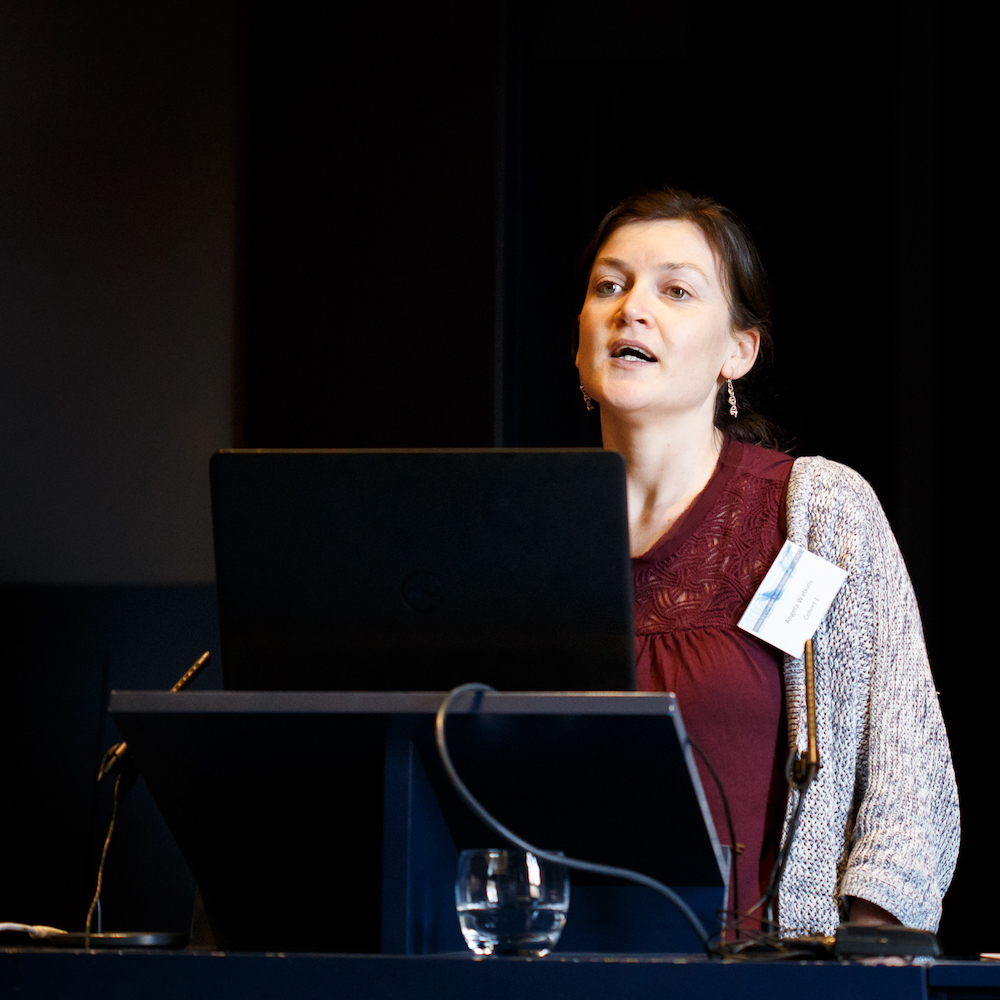
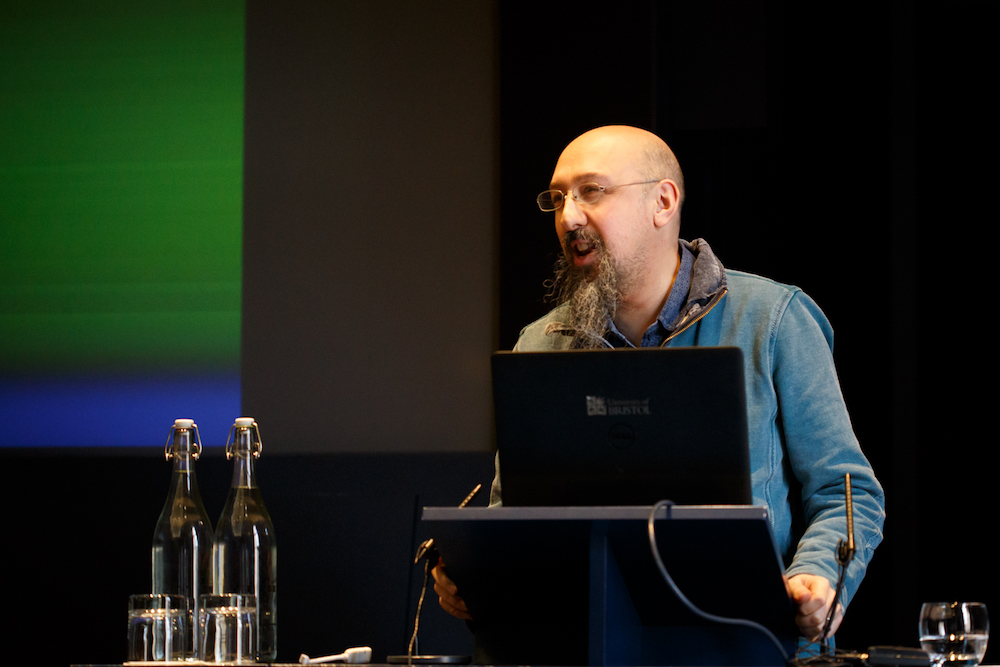
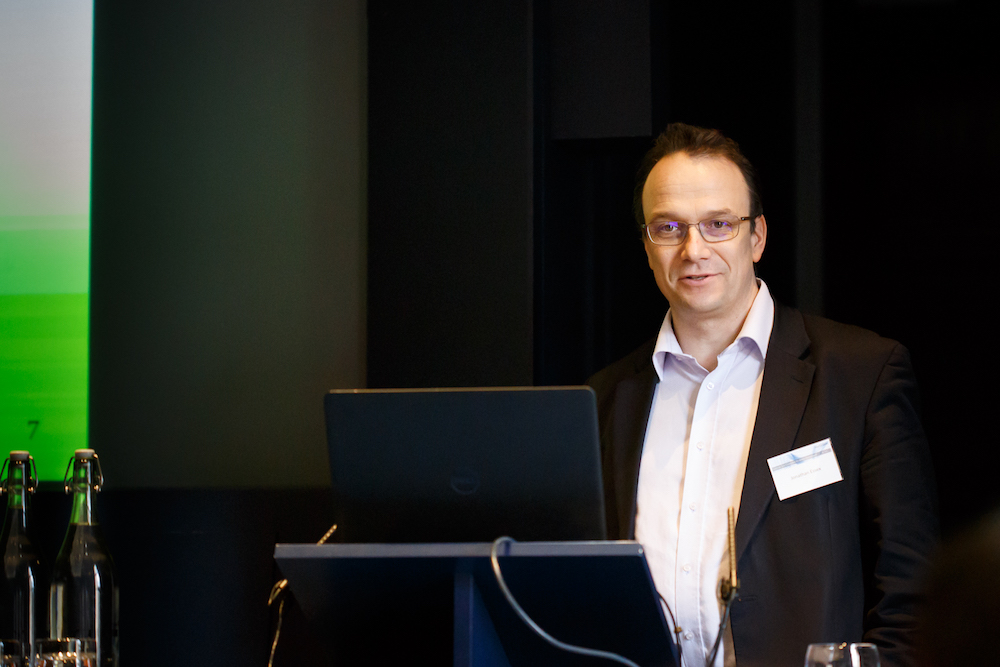
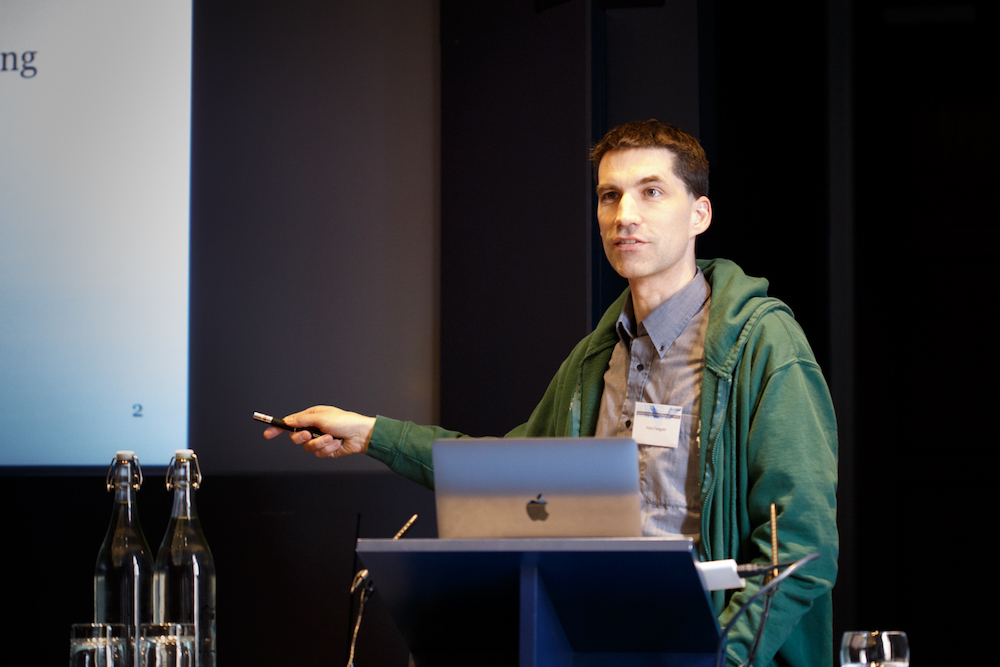

“The DTC has always supported and encouraged me to participate in conferences and workshops. I had a great opportunity to attend plenty of international conferences to show the work I was doing during my PhD, and I also had the opportunity to organise one of the Complex Systems conferences in Spain.” — David Cortes



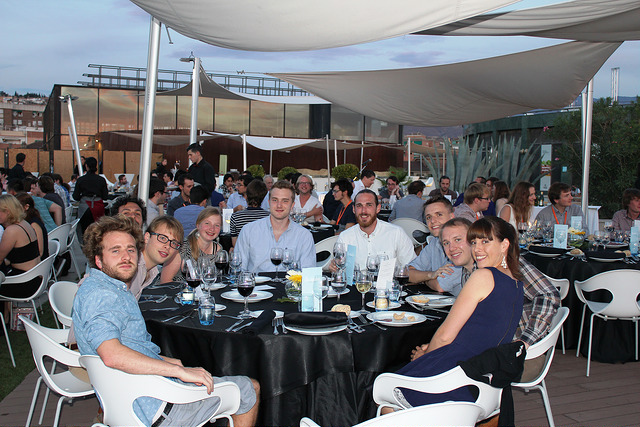

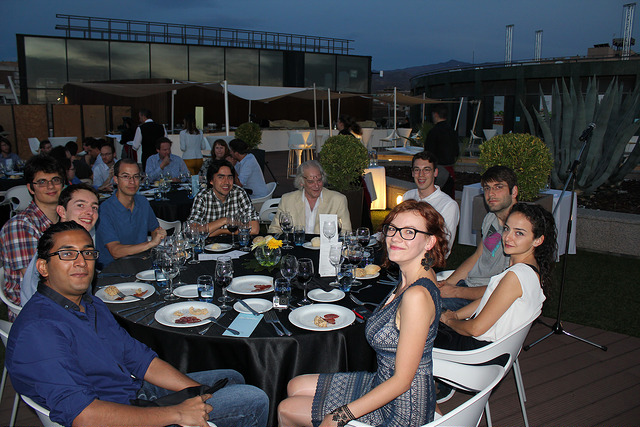


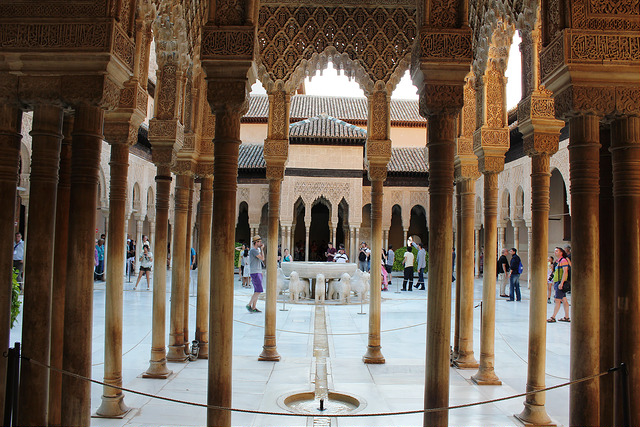
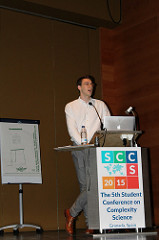
Complexity Newsletters and Booklets
Engaging with Complexity - Art Exhibition
An ‘Engaging with Complexity’ art exhibition featured the work of ICSS students alongside paintings from the artist Tessa Coe.
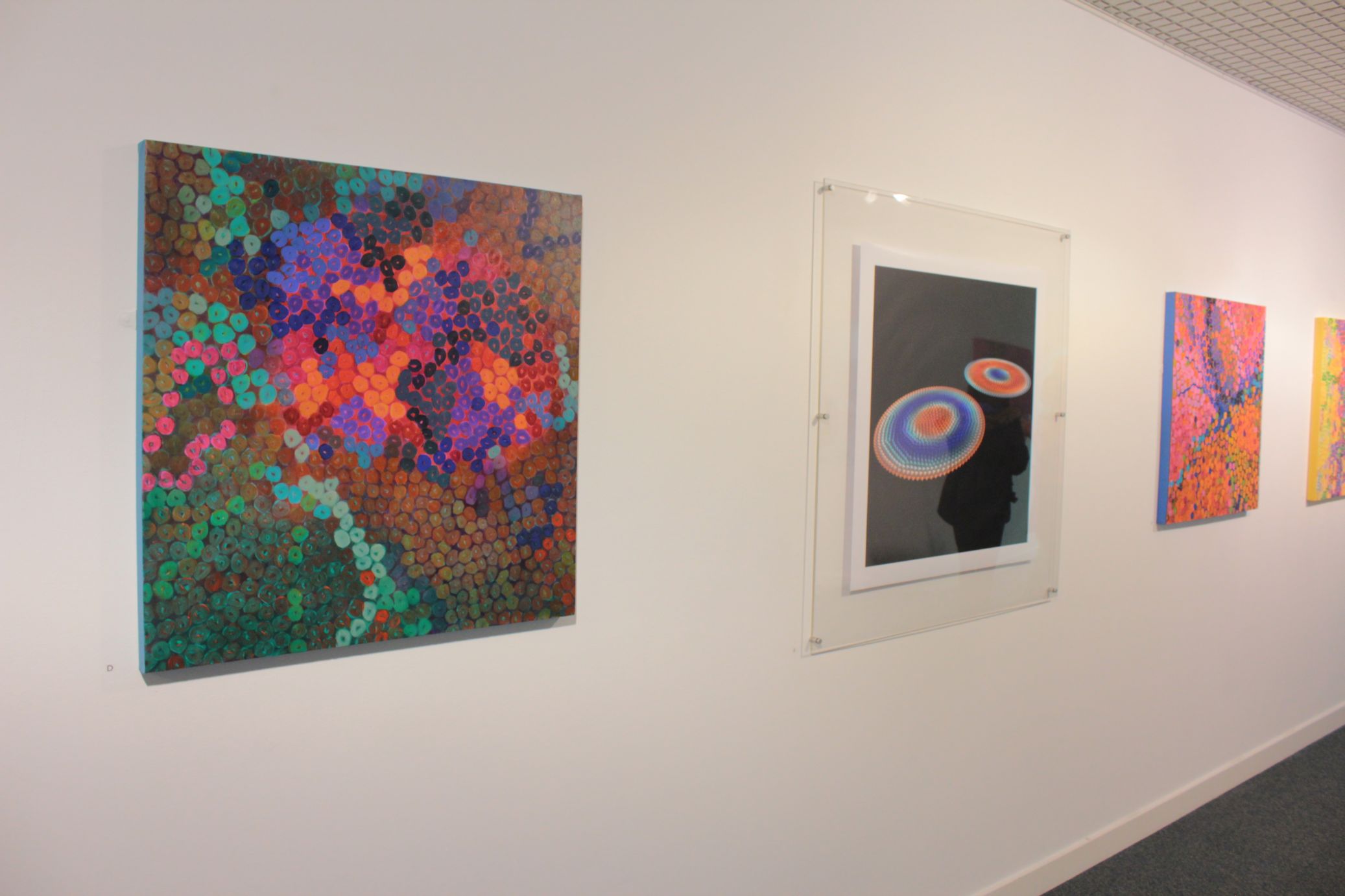
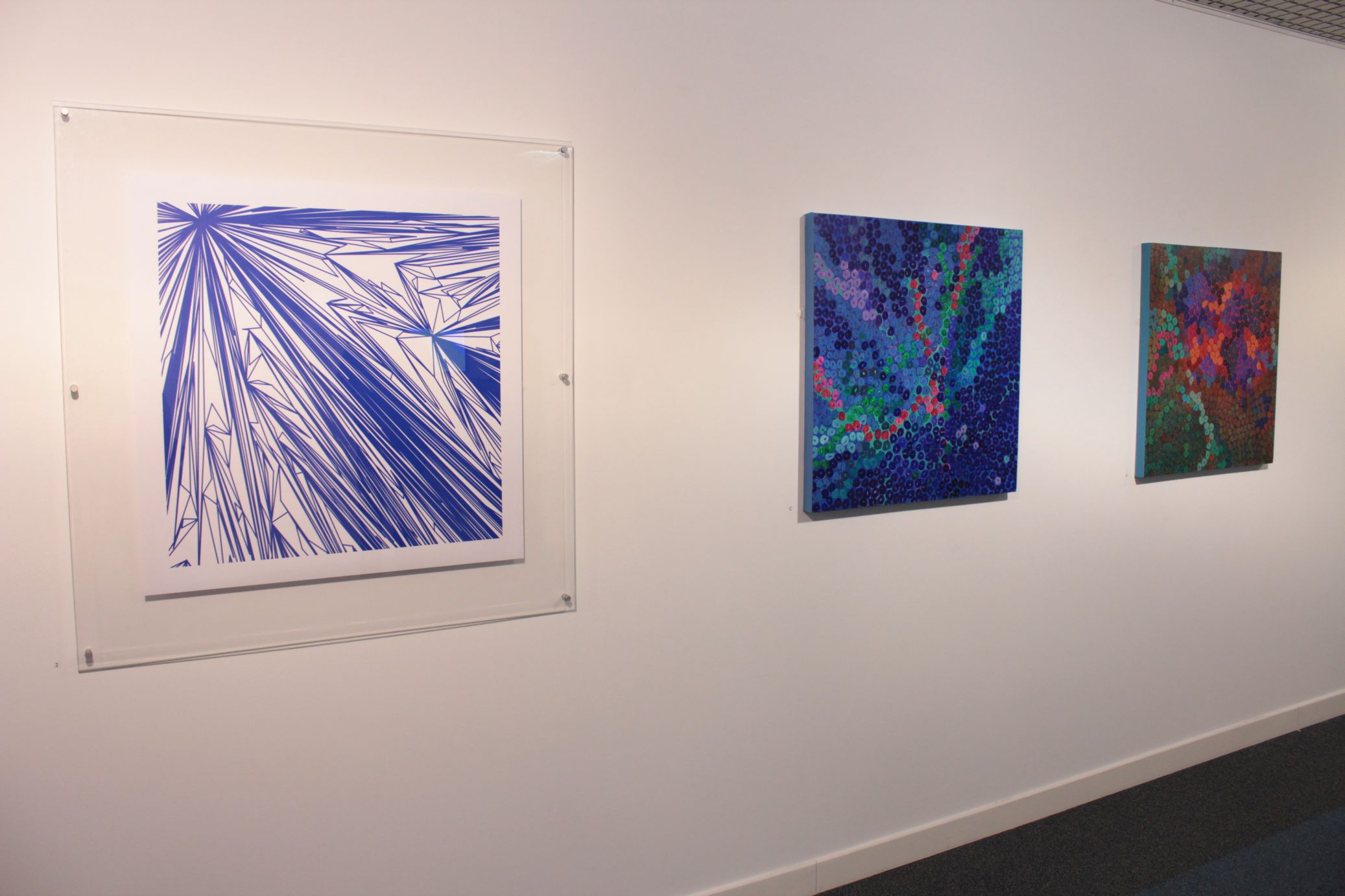

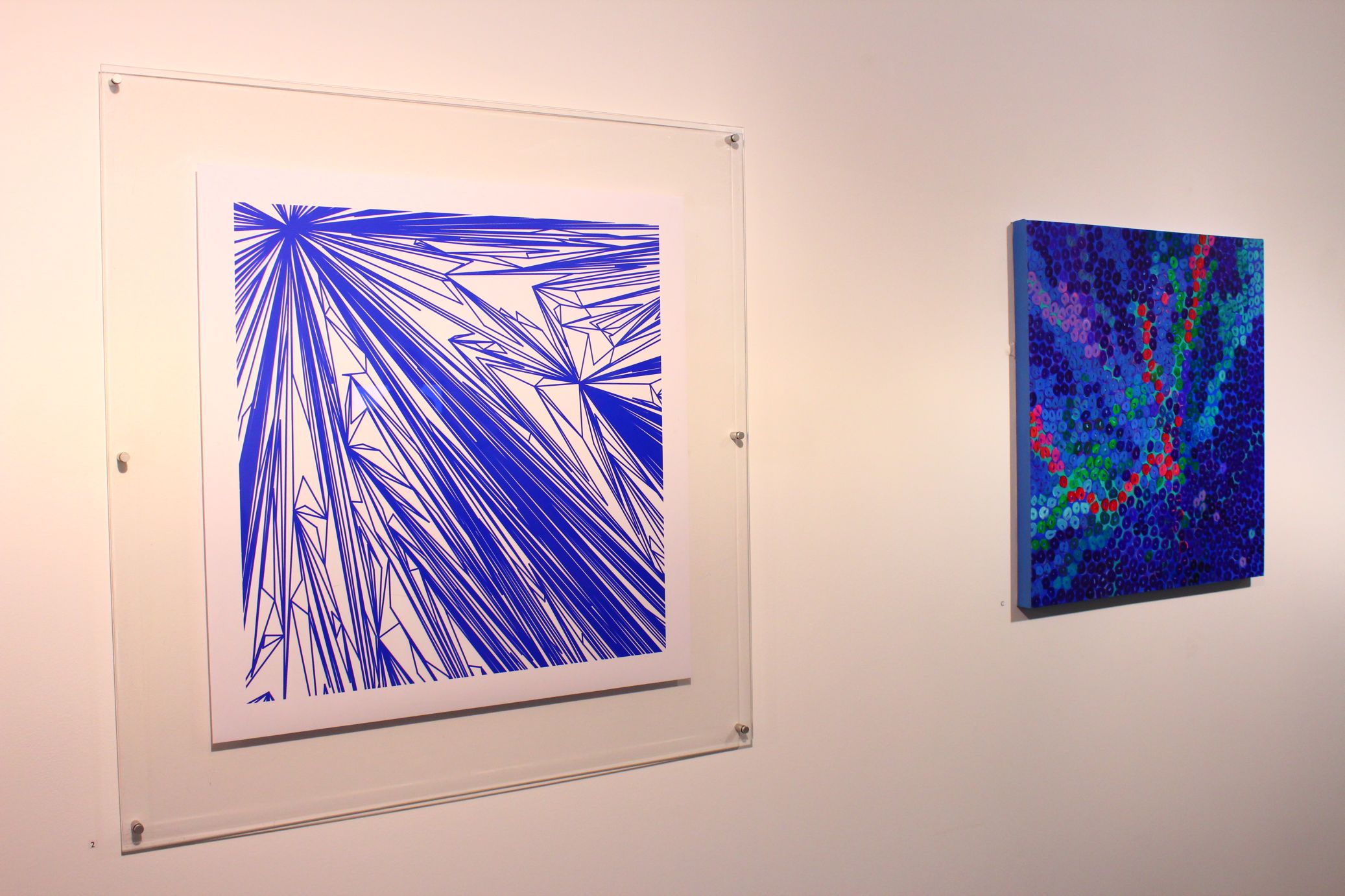

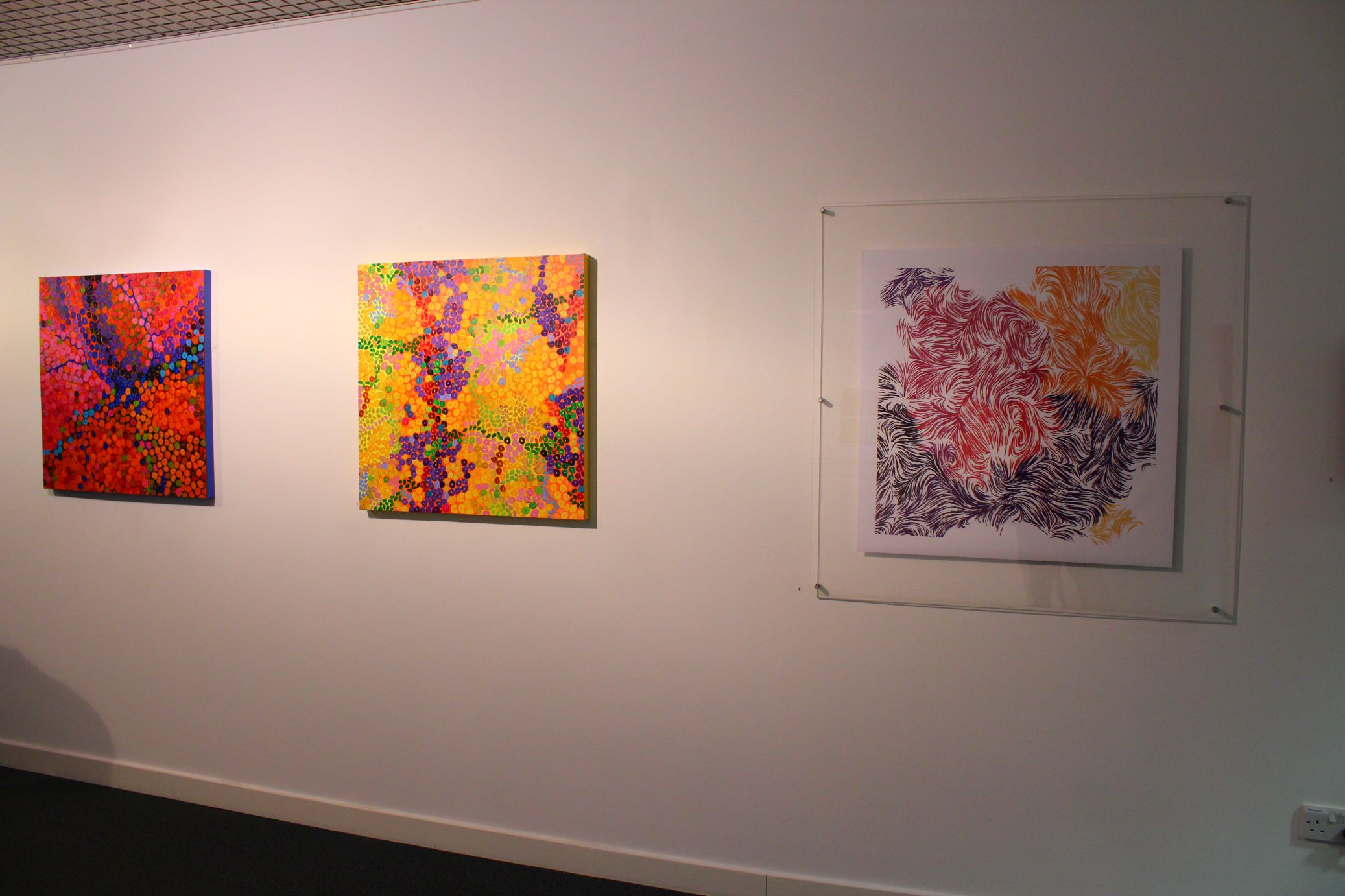
Work Hard, Play Hard
“I thoroughly enjoyed my time working with the DTC. I was involved in many varied outreach events with my transport research group including school STEM events, The Royal Society's Summer Science Exhibition 2011 and filming a piece with BBC TV's The One Show. James Snowden


